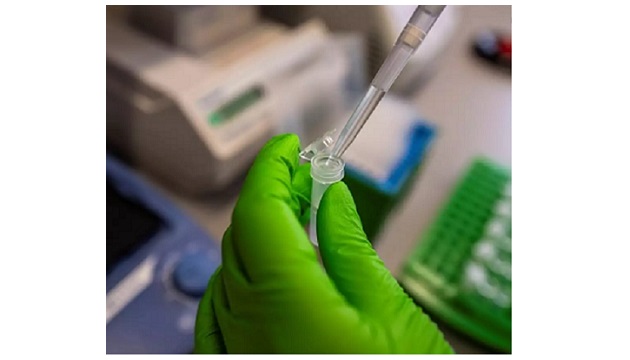A novel compound has been discovered by the researchers at Indian Institute of Technology, Roorkee, (IIT-R). This discovery will eliminate a multitude of antibiotic-resistant bacteria.
The IIT-R researchers screened a library of 11,000 compounds against Gram-negative bacteria escherichia coli and discovered 30 novel antibacterial molecules.
The research team, led by Ranjana Pathania, Associate Professor, the Department of Biotechnology, IIT-R, identified a molecule called IITR06144.
“Antibiotics are considered the cornerstones of both basic and modern medicine and it’s difficult to envisage a world without them. But injudicious over-the-counter (OTC) sale and excessive use of antibiotics in poultry, livestock and agriculture has given rise to the antibiotic resistance” the IIT-R said.
With the rise of drug-resistant superbugs and lack of effective antibiotics against them, it has become imperative to search for novel antibacterial molecules.
Moreover, Gram-negative bacterial pathogens present a major threat due to their outer membrane permeability barrier and presence of efflux pumps that may act as tiny motors to flush antibiotics out of the bacterial cells.
IITR06144 can eliminate multidrug-resistant strains of escherichia coli, acinetobacter baumannii, klebsiella pneumonia as well as mycobacterium tuberculosis. It also showed promise against the diarrhoea-causing bacteria clostridium difficile and the wound pathogen staphylococcus aureus.
It also displayed considerable in-vivo efficacy to rescue mice suffering from acinetobacter baumannii infection, one of the most troublesome pathogens that tops the World Health Organisation list of threats and urgently needs new antibiotics.
The aim of the study was to evaluate biological properties of IITR06144, identified in a phenotypic screen against the Gram-negative model organism escherichia coli.
The team compared properties of IITR06144 with structurally analogous antibiotics nitrofurantoin and furazolidone, commonly used for treatment of urinary tract infections (UTIs) and intestinal ailments, respectively.
UTIs, one of the world’s most common infections, are known to be associated with frequent cases of recurrence in female patients. Considering the global antibiotic resistance catastrophe, only a few front-line drugs prove to be effective against them.
IITR06144 inhibited growth of several nitrofurantoin-resistant UTI pathogens, isolated from clinics, and proved to be a powerful weapon against antibiotic tolerant E. coli strains, which are responsible for infection relapse and recurrence.
IITR06144 targets multiple pathways in a bacterial cell, such as DNA repair and cell division machinery. Since multi-targeting antibiotics are less prone to resistance generation, IITR06144 holds immense therapeutic potential as a novel antibacterial molecule.
Also, while most antibiotics prescribed seem to kill the healthy gut bacteria, IITR06144 didn’t inhibit them. It’s one of the most desirable properties of a novel antibacterial molecule.








